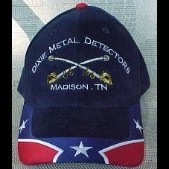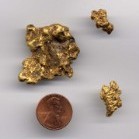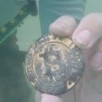Anyone Using Artificial Intelligence With Their Gold Detectors?
-
Similar Content
-
- 48 replies
- 4,588 views
-
- 25 replies
- 1,520 views
-
- 6 replies
- 572 views
-
- 42 replies
- 5,736 views
-
- 7 replies
- 13,958 views
-
- 21 replies
- 49,375 views
-
-










Recommended Posts
Create an account or sign in to comment
You need to be a member in order to leave a comment
Create an account
Sign up for a new account in our community. It's easy!
Register a new accountSign in
Already have an account? Sign in here.
Sign In Now